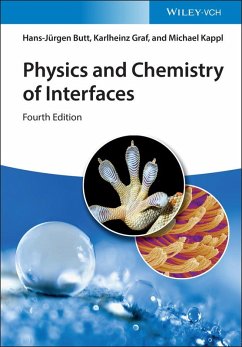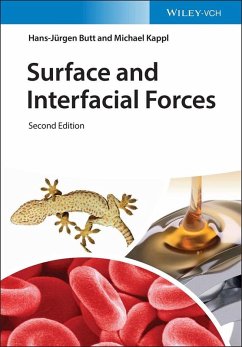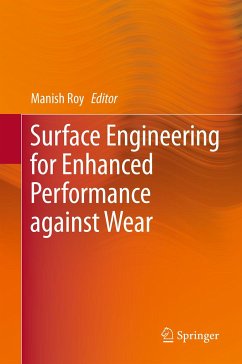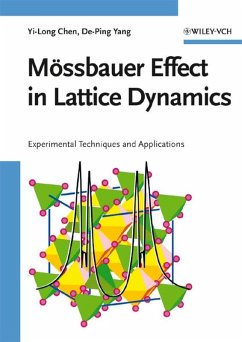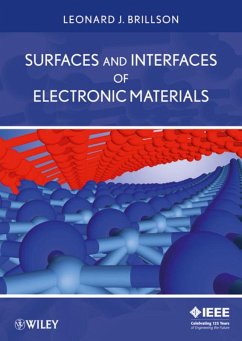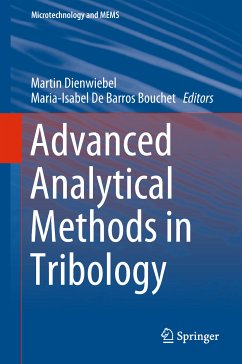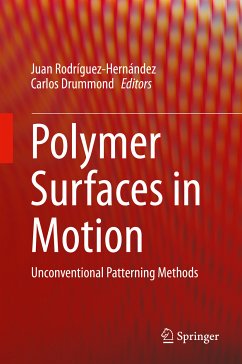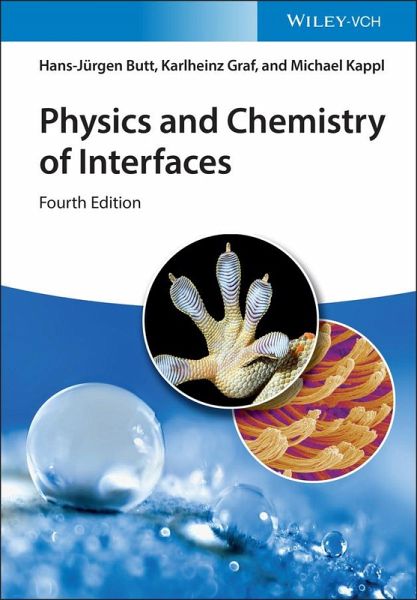
Physics and Chemistry of Interfaces (eBook, PDF)
Versandkostenfrei!
Sofort per Download lieferbar
66,99 €
inkl. MwSt.
Weitere Ausgaben:

PAYBACK Punkte
0 °P sammeln!
Für die vierte Auflage wurde das Werk vollständig aktualisiert und überarbeitet. Diese Auflage enthält neue Themen wie Oberflächenspektroskopie, Nichtgleichgewichtseffekte und innovative Beschichtungsmethoden, setzt gleichzeitig jedoch auf das bewährte Konzept, Oberflächenphänomene detailliert und leicht verständlich zu beschreiben.
Dieser Download kann aus rechtlichen Gründen nur mit Rechnungsadresse in D ausgeliefert werden.




